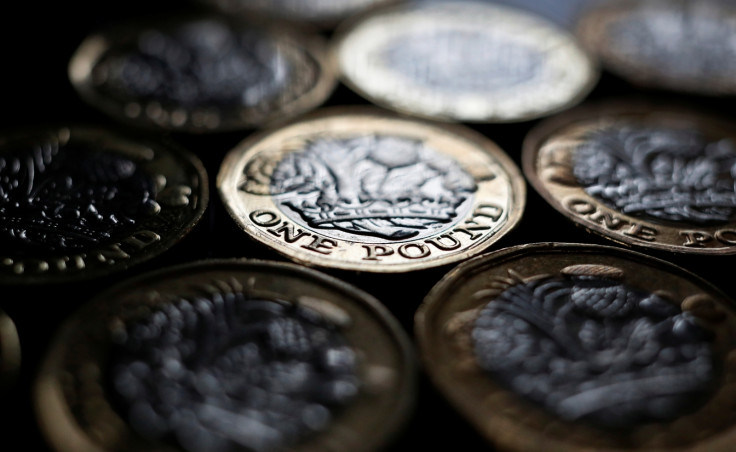Pound spikes against dollar following UK budget but remains static against euro
Chancellor Philip Hammond downgrades economic forecasts and unveils appealing policy morsels.

Pound rallied against the dollar on Wednesday (22 November) following the UK's first autumn budget in 21 years but remained static against the euro, as the market attempted to digest a cacophony of economic downgrades coupled with pleasing policy morsels.
At 4:08 pm GMT, the pound was up 0.28% against the dollar exchanging at $1.3276, and down a nominal 0.07% against the euro changing hands at €1.1266, as Chancellor Philip Hammond said the British economy is now expected to grow by 1.5% in 2017, revised down from the 2% forecast made in March.
Economic growth has also been cut to 1.4% in 2018, 1.3% in both 2019 and 2020.
However, the Chancellor said growth would subsequently pick up back to 1.5%, and finally 1.6% in 2022, citing an independent assessment by the Office for Budget Responsibility (OBR).
The pound reacted negatively minutes after the delivery of the forecast, but recovered intraday, appearing to suggest that much of the wider market had already priced an economic growth downgrade.
Russ Mould, investment director at AJ Bell, said the British currency largely shrugged off the economic downgrade once the initial tumble was mitigated.
"The yield on the benchmark UK 10-year Government bond, or Gilt, didn't flinch as well, trading between 1.28% and 1.29% as bond vigilantes welcomed the Chancellor's ongoing determination to reduce the annual deficit and rein in the aggregate deficit, at least on a percentage of GDP basis."
Michael Metcalfe, global head of macro strategy for State Street Global Markets, said the real challenge for UK markets remains the significant downgrades to the growth outlook.
"Still high inflation and an expected weakening in growth provide a potentially troubling backdrop for markets even without the political uncertainties created by Brexit."
Elsewhere, in what is being dubbed a 'no-frills' budget, the Chancellor unveiled plans to scrap stamp duty for first time buyers up to £300,000, while those buying a home worth up to £500,000 will not have to pay stamp duty on the first £350,000.
The UK national living wage will rise 4.4% from £7.50 an hour to £7.83 from April next year, while some £2.3bn will be allocated to investment in research and development, with £500m to be directed to "a range of initiatives from artificial intelligence, to 5G and full fibre broadband".
The Chancellor also said the NHS will get an extra £10bn capital investment over the current parliament and it will also receive an extra £3.75bn this year for its current budget, with £2.8bn destined to the NHS in England.






















